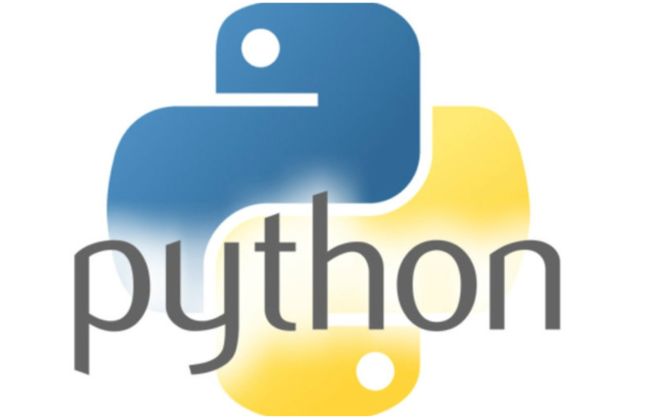Python的元编程
文章目录
-
-
- 装饰器
- 元类
- 反射
- 使用 `__getattr__`, `__setattr__`, 和 `__delattr__`
-

元编程是一种编程技术,它允许程序员在运行时修改、增加或操作程序的结构。在Python中,元编程通常涉及到对类和函数的动态创建和修改,这是通过使用诸如装饰器、元类和反射等高级功能来实现的。
装饰器
装饰器是Python中最常用的元编程工具之一。它们允许你在不改变原有函数定义的情况下,增加额外的功能。这是通过将一个函数传递给另一个函数来完成的。
def my_decorator(func):
def wrapper():
print("Something is happening before the function is called.")
func()
print("Something is happening after the function is called.")
return wrapper
@my_decorator
def say_hello():
print("Hello!")
say_hello()
执行结果:
Something is happening before the function is called.
Hello!
Something is happening after the function is called.
元类
元类是创建类的“类”。在Python中,type 是所有类的元类,它实际上是一个内置的元类,用于创建类。你可以创建自己的元类来控制类的创建过程。
class MyMeta(type):
def __new__(cls, name, bases, dct):
x = super().__new__(cls, name, bases, dct)
x.attr = 100
return x
class MyClass(metaclass=MyMeta):
pass
print(MyClass.attr)
执行结果:
100
反射
反射是程序在运行时检查其结构的能力。Python通过内置函数如 getattr(), setattr(), hasattr(), 和 delattr() 提供了反射能力,允许我们在运行时查看和修改对象的属性和方法。
class MyClass:
def __init__(self):
self.attribute = "Initial Value"
obj = MyClass()
print(getattr(obj, 'attribute'))
setattr(obj, 'attribute', 'New Value')
print(obj.attribute)
print(hasattr(obj, 'attribute'))
delattr(obj, 'attribute')
print(hasattr(obj, 'attribute'))
执行结果:
Initial Value
New Value
True
False
使用 __getattr__, __setattr__, 和 __delattr__
你可以在类中定义这些特殊方法来自定义属性访问和修改的行为。
class MyClass:
def __getattr__(self, name):
return "Undefined attribute!"
def __setattr__(self, name, value):
print(f"Setting {name} to {value}")
self.__dict__[name] = value
def __delattr__(self, name):
print(f"Deleting {name}")
del self.__dict__[name]
obj = MyClass()
print(obj.someattr)
obj.someattr = 10
print(obj.someattr)
del obj.someattr
执行结果:
Undefined attribute!
Setting someattr to 10
10
Deleting someattr
通过这些技术,Python程序员可以创建出非常灵活和强大的程序。元编程的关键在于理解你可以控制Python解释器如何理解你的代码,我们可以在运行时改变代码的行为。这些都是先进的主题,可能不适合初学者,但了解它们可以让我们更深入地理解Python的工作原理。